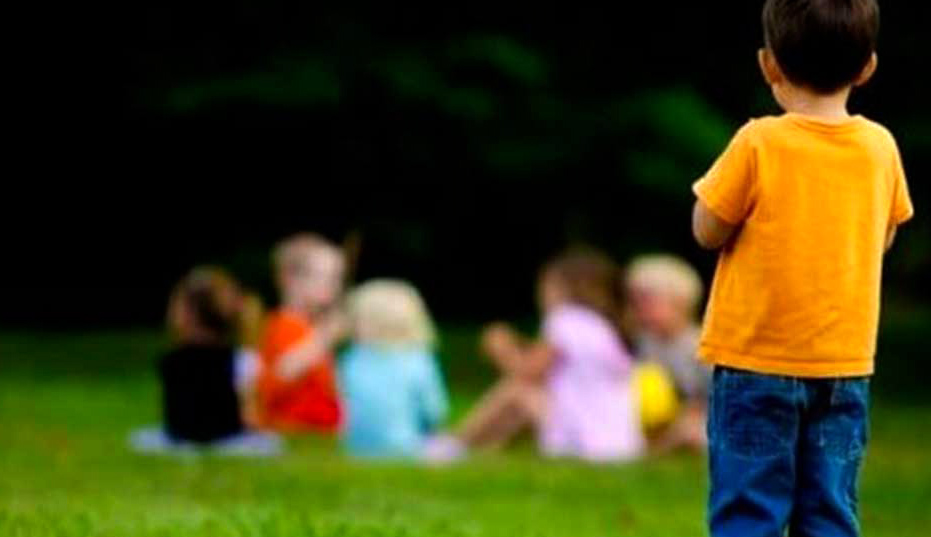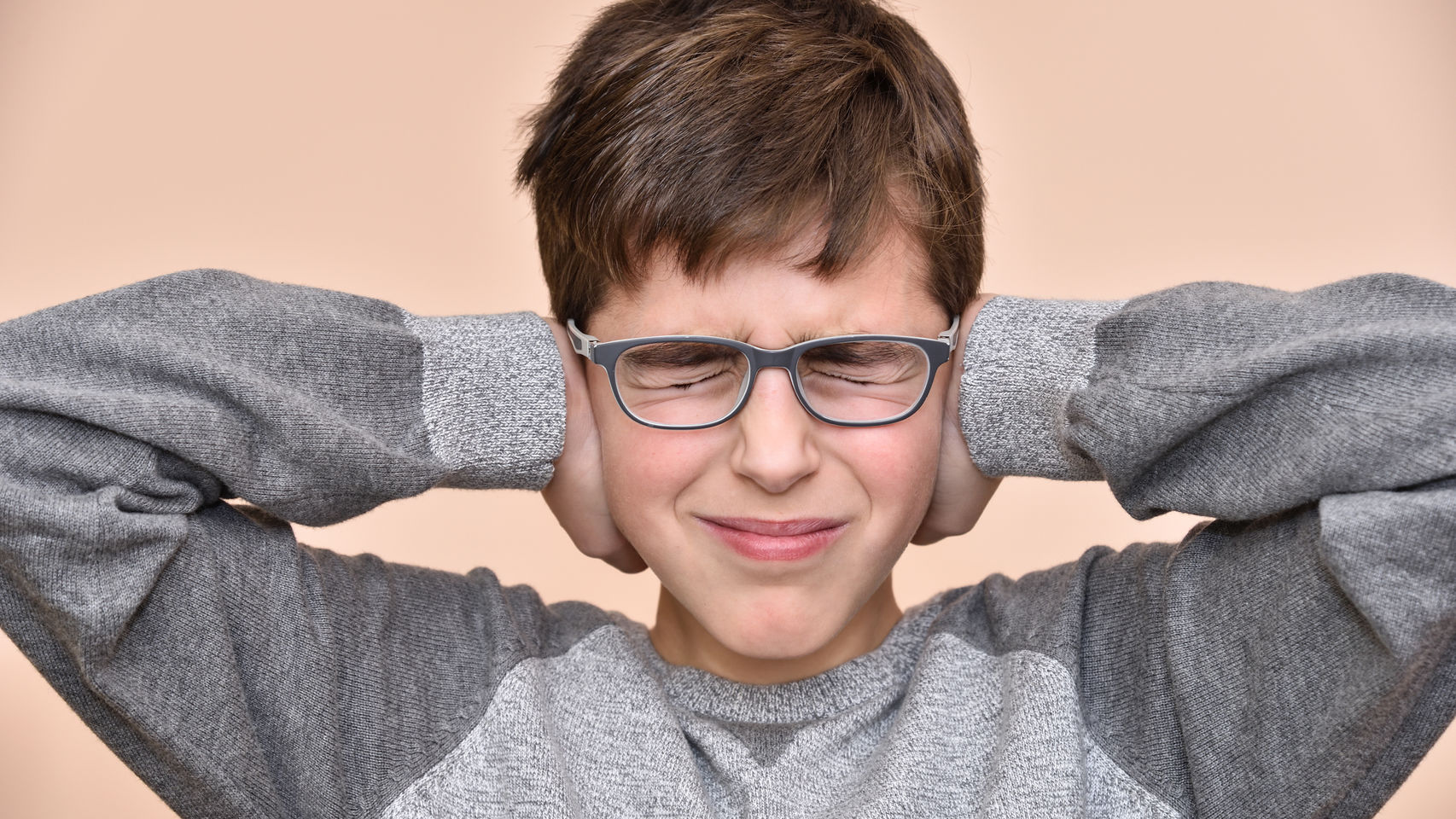Children with autism can have a savage behavior that if not corrected can lead to severe behavior that threatens their lives that may require extreme measures.
Changes in strict and early behaviors can prevent future use of medications and institutionalization.
The exact causes of ASD are not known at this time. It is thought that it may be caused by a combination of factors, including the genes we inherited from our parents. There is no scientific evidence to support the theory that there is a possible link between autism and the vaccine against measles, mumps and rubella.
 Treatment for autism should combine several disciplines: behavior, development, academics and medications. The treatment must be personalized to the demands of each child in individual and must follow the general principle of trying to achieve the best possible functional capacity using the available resources as the case may be.
Treatment for autism should combine several disciplines: behavior, development, academics and medications. The treatment must be personalized to the demands of each child in individual and must follow the general principle of trying to achieve the best possible functional capacity using the available resources as the case may be.
The drugs for autism are used as required, directed to specific treatment objectives. It must be taken into account that children with autism may react unexpectedly and differently than expected to any medication used.
Generally, children who have an ASD do not develop social and language skills in the same way that other children of their age do. As a result, they find it difficult to relate to other people. Children with an ASD may also have unusual behaviors and learning problems.
Children with autism have difficulty communicating and interacting with others. It is often detected for the first time around two years.
Some children with autism may suffer from learning disorders, such as dyslexia (a disorder that involves difficulty in developing language skills, including reading, spelling, and writing). Autism is more common in boys than girls.
Children with ASD have three main symptoms that affect their communication, social skills and interests and knowledge. These characteristics may vary widely among those affected.
The first signs that your child has difficulties in communication can be detected:
- If one year old cannot prattle (say or make some words without meaning and sounds) or point.
- Does not respond to your name.
- You have not learned any words at 18 months of age.
- The child can take the meaning of words exactly, that is, they will understand words in a very literal sense, and will not be able to understand jokes or sarcasms.
They will also find it difficult to read body language and facial expressions.
Older children may show an unusual use of language, and have difficulty starting conversations or giving them continuity. Children with severe autism cannot talk at all, but they can be helped to communicate in other ways, such as through signs or using drawings.
In addition to the problems that affect your child’s communication, social skills, interests and behavior, they can also show behaviors such as:
- Hold on to the same continuous routines, and they can get very upset if they get upset.
- Show apprehension or special sensitivity to seeing, hearing, smelling, touching and tasting.
Many children with an ASD may also present other pathologies such as attention deficit hyperactivity disorder, dyspraxia (difficulty organizing and coordinating thoughts and movements) or epilepsy (a neurological disorder that occurs in the form of attacks).
There is no curative treatment for ASDs, but children who are affected can benefit in different ways by controlling their symptoms.
Behavioral therapies: therapies such as Applied Behavior Analysis (ACA) can help improve your child’s social and communication skills.
Occupational therapy that helps your child adapt to their daily life environment.
Cognitive behavioral therapy can help your child cope with negative thoughts and behaviors.
The logofoniatrica therapeutics can help your child to communicate better.
Learn more about your health and well-being at Pharmamedic.







